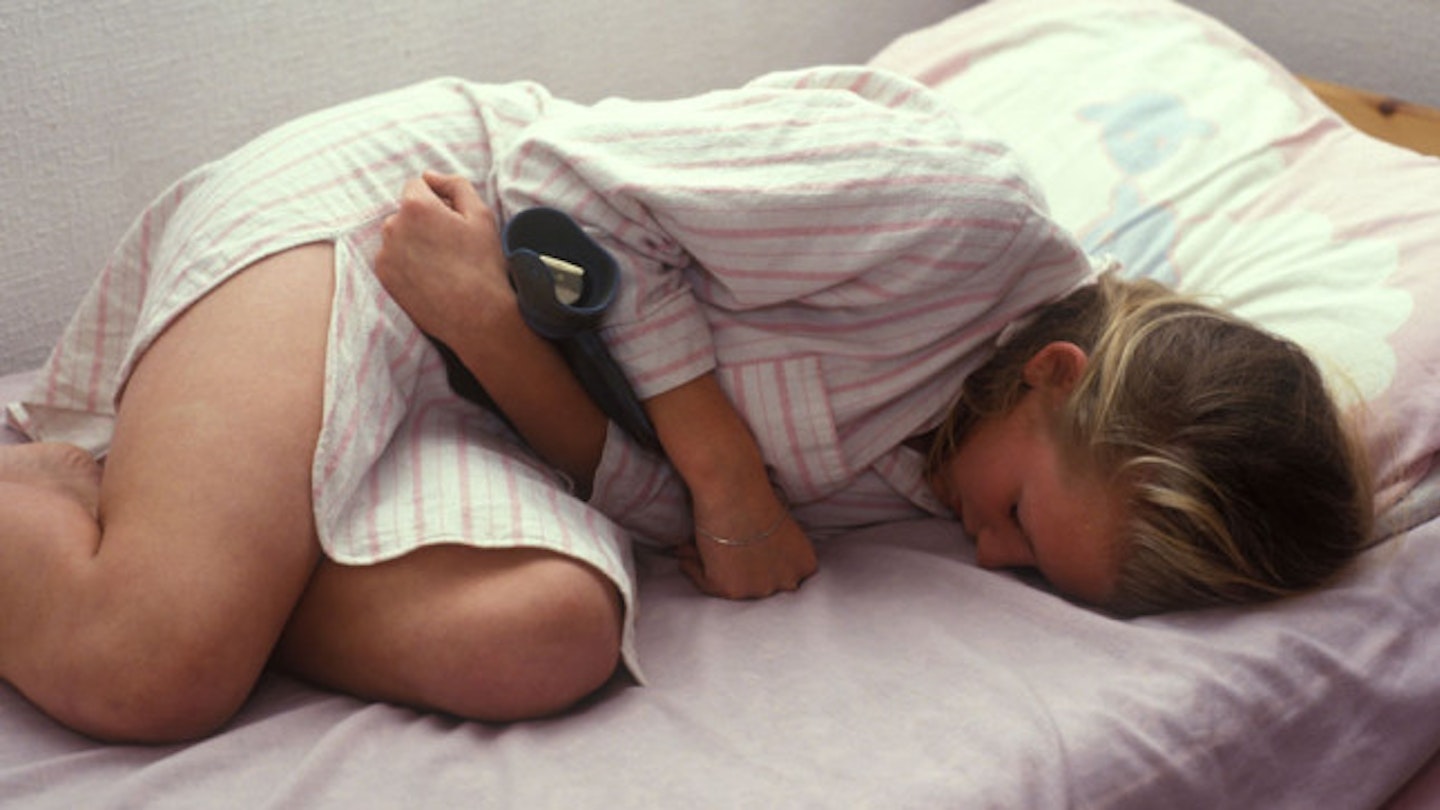What is coeliac disease?
As defined by Coeliac UK, Coeliac disease (pronounced see-liac) is a lifelong autoimmune disease.
What causes coeliac disease?
Coeliac disease isn't - contrary to popular belief - an allergy or an intolerance to gluten; instead, it’s where your immune system mistakes substances found inside gluten as a threat to the body and attacks them.
This causes damage to your small intestine.
What is gluten?
Gluten is a protein found in wheat, barley and rye.
Which foods contain gluten?
Gluten is found in any food that contains the above cereals, including:
-
pasta
-
cakes
-
breakfast cereals
-
most types of bread
-
certain types of sauces
-
some types of ready meals
-
most beers
-
pies
-
gravies
-
pastries
-
biscuits
-
crackers
-
pizza
It is important to always check the labels of the foods you buy, as many contain gluten in additives.
Look out for malt flavouring and modified food starch - and avoid wherever possible.
What are the most common symptoms of coeliac disease?
According to the NHS, the most common symptom of coeliac disease is diarrhoea, caused by the body not being able to fully absorb nutrients (malabsorption).
Other symptoms can include:
-
bloating
-
stomach pain
-
nausea
-
flatulence and a noisy stomach
-
weight loss
-
tiredness and fatigue, which may be a sign of iron deficiency anaemia or folate deficiency anaemia
-
tingling and numbness in your hands and feet (peripheral neuropathy)
-
vomiting (usually only affects children)
-
swelling of your hands, feet, arms and legs caused by a build-up of fluid (oedema)
-
mouth ulcers
-
hair loss
What are the health risks of coeliac disease?
If you have coeliac disease, and are still eating gluten, several complications can occur.
These include:
-
Malnutrition (a critical lack of nutrients in the body)
-
Iron deficiency anaemia
-
Vitamin B12 and folate deficiency anaemia
-
Osteoporosis (brittle and weak bones)
-
Malabsorption (your body cannot properly absorb nutrients and vitamins)
-
Lactose intolerance (inability to break down enzymes in dairy)
-
Dermatitis herpetiformis (red rash that commonly occurs on the elbows, knees, shoulders, buttocks and face, often with blisters)
In some serious cases, untreated coeliac disease can increase the risk of developing certain types of cancer, including bowel cancer and lymphoma (cancer of the lymphatic system).
However, this is still a very small increase in risk – only 1 in every 200 people with coeliac disease will develop bowel cancer in the first 10 years after diagnosis.
Find out more about health risks associated with coeliac disease on the NHS website now.
How is coeliac disease diagnosed?
What is the treatment for coeliac disease?
Once diagnosed, the only treatment for coeliac disease is a lifelong gluten-free diet.
This means cutting out all foods that contain barley, rye or wheat, including farina, graham flour, semolina, durum, cous cous and spelt.
You may also, in some cases, require extra vaccinations, as your spleen can make you more vulnerable to infection. Your GP should be able to recommend the best course of action for you.
The NHS adds: “Your GP or dietitian may also recommend you take vitamin and mineral supplements, at least for the first six months after your diagnosis.”
Which foods are gluten-free?
-
most dairy products, such as cheese, butter and milk
-
fruit and vegetables
-
meat and fish (although not breaded or battered)
-
potatoes
-
eggs
-
rice
-
gluten-free flours, including rice, corn, soy and potato
-
pulses (peas, beans and lentils)
Gluten-free specialist foods, such as gluten-free breads and gluten-free pasta, are available in supermarkets, on prescription, in healthfood shops, by mail order and via the internet.
Will I need to avoid cross-contamination with gluten products?
In a word, yes; even very small amounts of gluten can be damaging to people with coeliac disease.
Coeliac UK advise that you:
-
keep cooking utensils separate during food preparation and cooking
-
do not fry food in the same oil that has previously been used to cook foods which contain gluten
-
use a clean grill, separate toaster or toaster bags to make gluten-free toast
-
use separate breadboards and wash surfaces thoroughly
-
use separate condiments like jam, butter, mustard and mayonnaise.
How do I know if I have coeliac disease?
If you are experiencing any of the symptoms associated with coeliac disease, you can take Coeliac UK's new online assessment. It won't take long; all you need to do is answer a few questions about your symptoms, and they will email you and let you know whether or not you need to visit your GP for a screening.
Where can I find expert information and advice on coeliac disease?
Visit Coeliac UK now for more information on coeliac disease, as well as delicious gluten-free recipes, baking tips, advice on eating out, and more.
The information in this article was provided via Coeliac UK - please visit their website if you require any more details.
